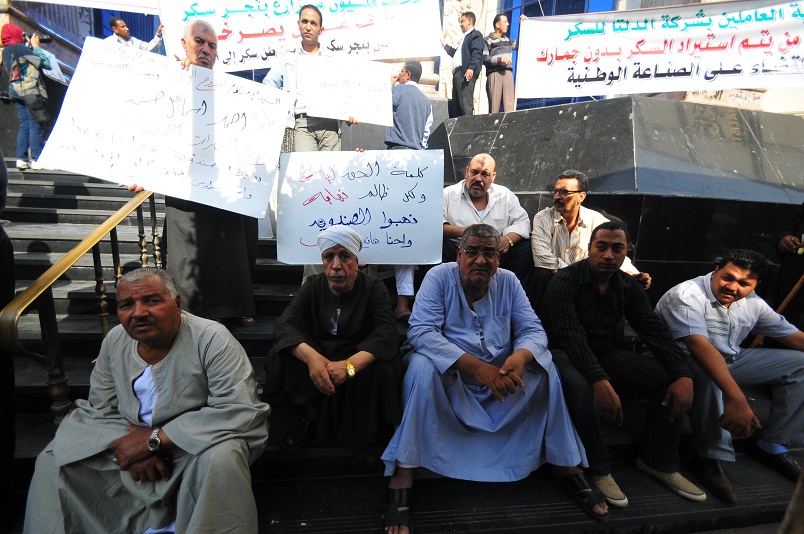JAKARTA: Torn between protecting the poor and saving their budgets, governments across Asia are being forced to slash fuel subsidies as world oil prices smash through $130 a barrel.
Indonesia, Malaysia and Taiwan have decided to wield the axe on multi-billion-dollar subsidies despite fears of unrest as inflation spikes and the region s poor pay more for fuel on top of the surge in food costs.
Even regional giant India, which until last week was happy to see state oil companies lose millions of dollars a day selling discounted fuel, said Friday that a price hike was inevitable.
But while most price-setters could see the writing on the wall, China again dismissed rumors that it would change its central pricing system as it focused on containing inflation ahead of the Beijing Olympics.
In Asia generally, those countries that subsidize oil will be under pressure to remove their subsidies while those that don t will be under pressure to do something for low-income earners, Royal Bank of Scotland economist Euben Paracuelles told AFP from Singapore.
The crude price boom means that Asian consumers are in for a shock as cash-strapped governments loosen price controls to rein in deficits and free funds for spending on health, education and infrastructure.
For countries such as Indonesia, an OPEC member which has historically enjoyed some of the lowest fuel prices in the world, it means the days of ultra-cheap petrol may soon be over.
Jakarta hiked the subsidized gasoline price by 33.3 percent to about 6,000 rupiah (65 cents) a liter on Saturday despite widespread opposition ahead of general elections in April.
That may be welcome news for anyone who has choked on Jakarta s lead-filled air recently, but the move sparked immediate and sometimes violent protests by students and hardline Muslim groups.
Analysts however said Jakarta deserved praise for its decision to cut its fuel subsidies as they mounted to an estimated $14 billion, or three percent of gross domestic product, with the soaring oil price.
To sweeten the pill the administration is providing direct cash transfers to millions of poor families, but even so, the price hike is an electoral gamble.
As oil touched $135 a barrel on Friday, countries which analysts had criticized for failing to adjust to the new oil price reality were starting to change course.
The problem of oil prices is particularly acute for India as it imports 70 percent of its crude needs. Rising oil prices, coupled with the global credit crunch have sent the Indian rupee into a tailspin and hit economic growth.
Malaysia also appears to be changing its stance on subsidies – approaching $15 billion or a massive seven percent of GDP – despite setbacks to the government in March elections.
Kuala Lumpur is now reportedly considering a two-tier pricing system to make the rich pay more and cap the subsidy bill at more acceptable levels.
And in Taiwan, the new government of President Ma Ying-jeou moved quickly last week to end a freeze on domestic gasoline prices from June. Power prices will also rise from July accordingly, officials said.
Meanwhile China, whose insatiable appetite for oil is helping to drive crude prices higher, has made it clear fuel costs will remain well below market rates even as its energy needs surge ahead of the Olympics.

